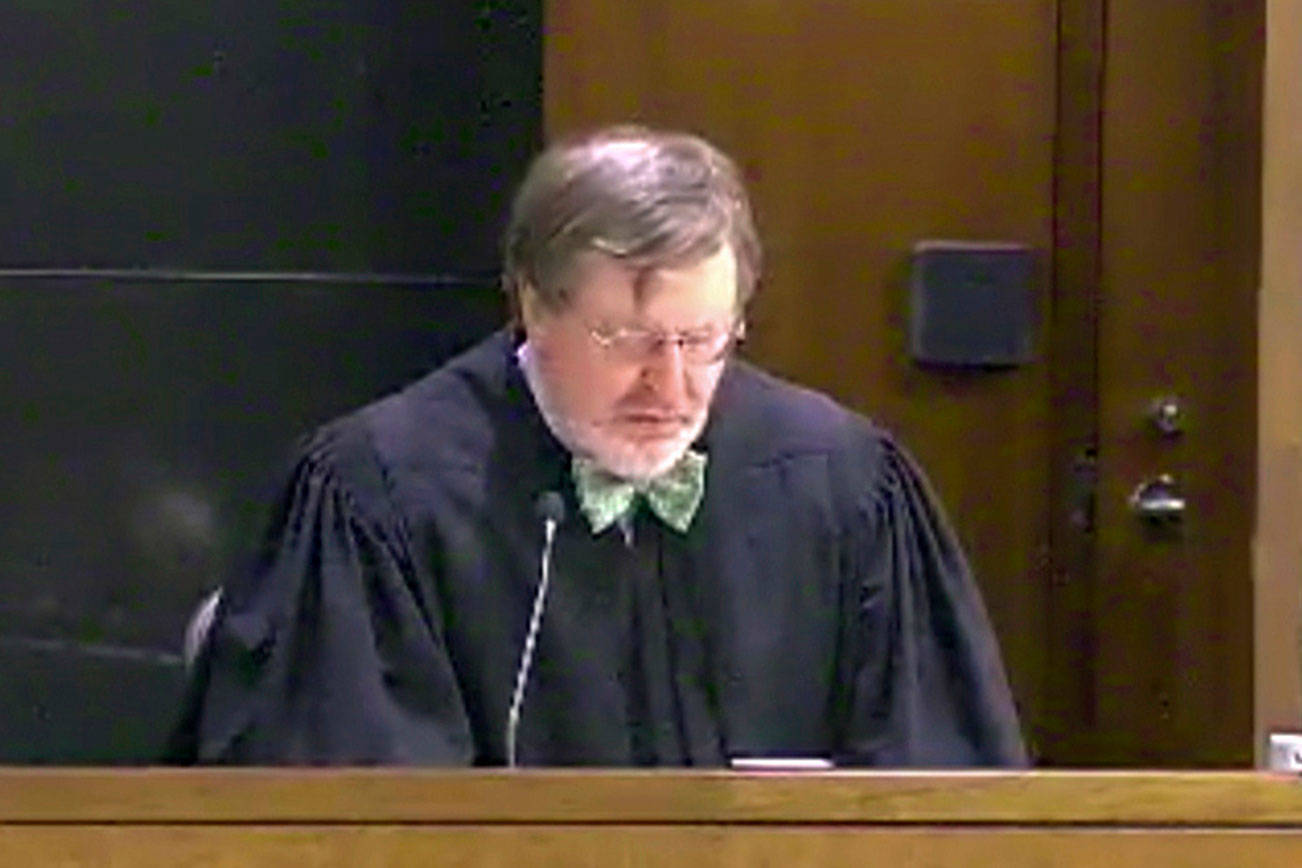Even as Attorney General Jeff Sessions threatens to gut federal consent decrees with abusive police departments across the country, a new report from the court-appointed monitor of Seattle’s own DoJ settlement finds that the settlement is making Jet City’s Finest more Constitutional every year, despite persistently racially disproportionate violence and the finding that a small cadre of cops commit the lion’s share of it.
An analysis of force by Seattle police from July 2014 through October 2016 has found the department in “initial compliance” with court-ordered reforms. The analysis is the ninth performed by federal monitor Merrick Bobb. The reforms stem from a 2011 Department of Justice investigation which concluded that Seattle cops were brutal and possibly racist. The following year the city settled on a deal with the DoJ to implement certain reforms over several years.
According to Bobb’s new report, those reforms are developing nicely. “SPD is reporting, tracking, investigating, and reviewing its use of force as never before,” Bobb writes. “[O]verall use of force by the SPD is down – both across time under the Consent Decree and compared to the time period studied by the original DOJ investigation…even as officer injuries have not gone up and crime, by most measures, has not increased.”
“In the vast majority of instances” of police violence during the period of study, Bobb concludes, “officer force appeared necessary, proportional, and objectively reasonable under the circumstances – with a number of incidents featuring superior examples of officers strategically de-escalating situations in order to minimize the nature of the threat while potentially mitigating the severity of force that needed to be used.”
But while the “typical SPD officer uses force very infrequently,” 109 officers—in a department of more than a thousand—each used violence at least 11 times during the study period, including one officer who reported 49 uses of force. In other words, about eight percent of SPD cops committed 40 percent of the department’s instances of violence. By comparison (as Bobb notes), the original DoJ investigation complained that “a minority of officers account for a disproportionate number of use-of-force incidents” and that over one year, “20 officers accounted for 18 percent of all force incidents.”
On the other hand, “the relatively small group of SPD officers who used force the most [during the most recent study period] did not use different, or more serious, force than” other officers, Bobb writes. Only three officers were involved in more than one Type III incident (causing serious injury or death) during the study period. “Of the six incidents involving these three officers,” writes Bobb, “…three of the incidents involved control holds, two involved personal weapons, and one involved handcuffing.”
It’s not clear from the available data whether these 109 officers use more force than their peers because of disposition or necessity. It could be that some officers are predisposed toward using violence, but it could also be that some officers are regularly assigned to violence-prone situations. Or both, or neither.
The analysis also found “some divergence between the racial makeup of the population and the racial makeup of force subjects.” In other words, a black Seattleite is still more likely than a white Seattleite to be on the receiving end of police force. “Although non-white subjects may be overrepresented vis-a-vis the population,” writes Bobb, “a subject’s race does not appear to predispose him or her to more or less serious force.”
This milestone for Seattle police reform comes out the same week that President Donald Trump’s Attorney General Jeff Sessions directed DoJ to “review all Department activities — including…existing or contemplated consent decrees.” Given Trump and Sessions’ relationship with police unions across the country—and the larger context of the current, boiling racial tension around police violence and accountability in the United States—this statement appears to signal that the federal government will trim or even eliminate its work investigating and reforming local police—work that the Obama administration expanded.
Mayor Ed Murray and SPD Chief Kathleen O’Toole responded to Sessions’ memo with characteristic defiance toward the Trump administration, via press release. “Our progress under the Consent Decree cannot be undone by empty bureaucratic threats,” said Murray. “We are too far along for President Trump to pull us away from justice…Instead, our Consent Decree is firmly in the hands of the Honorable Judge James Robart…Regardless of what announcements are made by the Department of Justice, we look forward to announcing more of that progress in the coming days.”
O’Toole added: “The Seattle Police Department has established itself as a national leader in reform…As we achieve compliance with the consent decree, our success is a credit to our officers, and reflects real and measurable progress. We remain committed to constitutional and effective policing in our city.”









